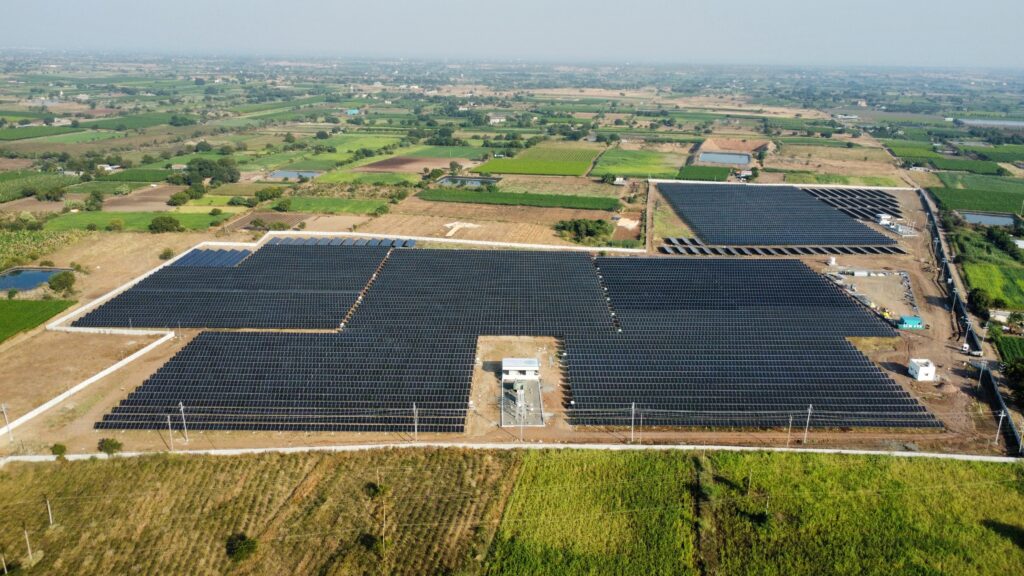Pre-Installation Checklist: Is Your Industrial Roof Ready for Solar?
Switching to solar is a smart move for industrial and commercial businesses looking to reduce energy costs and embrace sustainable operations. However, one critical step is often overlooked — ensuring the rooftop is ready for installation.
Before installing a solar panel system, your roof must meet specific structural and environmental conditions. Here’s a practical checklist to determine if your industrial roof is truly solar-ready.

1. Load-Bearing Capacity
Your roof should be capable of handling the additional weight of solar panels, mounting structures, and wind loads. An engineering assessment is essential to confirm whether structural reinforcements are needed. Overloading an unfit roof can lead to long-term damage or even safety hazards.

2. Waterproofing and Roof Health
Waterproofing is vital before installation. Any leaks, cracks, or weak spots should be repaired in advance. Solar panels can last 25+ years, so the underlying surface needs to be in good condition to avoid costly repairs later. Proper drainage and gutter access must also be ensured to prevent water buildup.
3. Shadow-Free Area
Solar panels perform best in areas that receive unobstructed sunlight for most of the day. Shadows from nearby buildings, trees, or structures like chimneys and water tanks can significantly reduce energy generation. A thorough shadow analysis helps optimize panel placement and system performance.
4. Structural Safety and Accessibility
Apart from strength, your roof should be accessible and safe for technicians during and after installation. Avoid areas with excessive clutter or rusted metal sheets. Keeping pathways open ensures future cleaning, maintenance, or inspections can be carried out easily.
5. Clearance for Electrical and Fire Safety
Adequate space should be reserved for proper cable routing, grounding systems, and electrical safety zones. Following fire safety norms and BIS guidelines ensures the system is compliant and secure for long-term operation.
Conclusion
A solid, well-prepared rooftop sets the foundation for a successful solar installation. Taking the time to assess load capacity, waterproofing, shading, and accessibility can save time, money, and future headaches. Whether you’re planning a 50 kW setup or a multi-megawatt project, a professional site survey is your best starting point.
At Ztric, we help industrial and commercial clients evaluate rooftop readiness as part of our installation process—ensuring your solar transition is smooth, safe, and successful.


